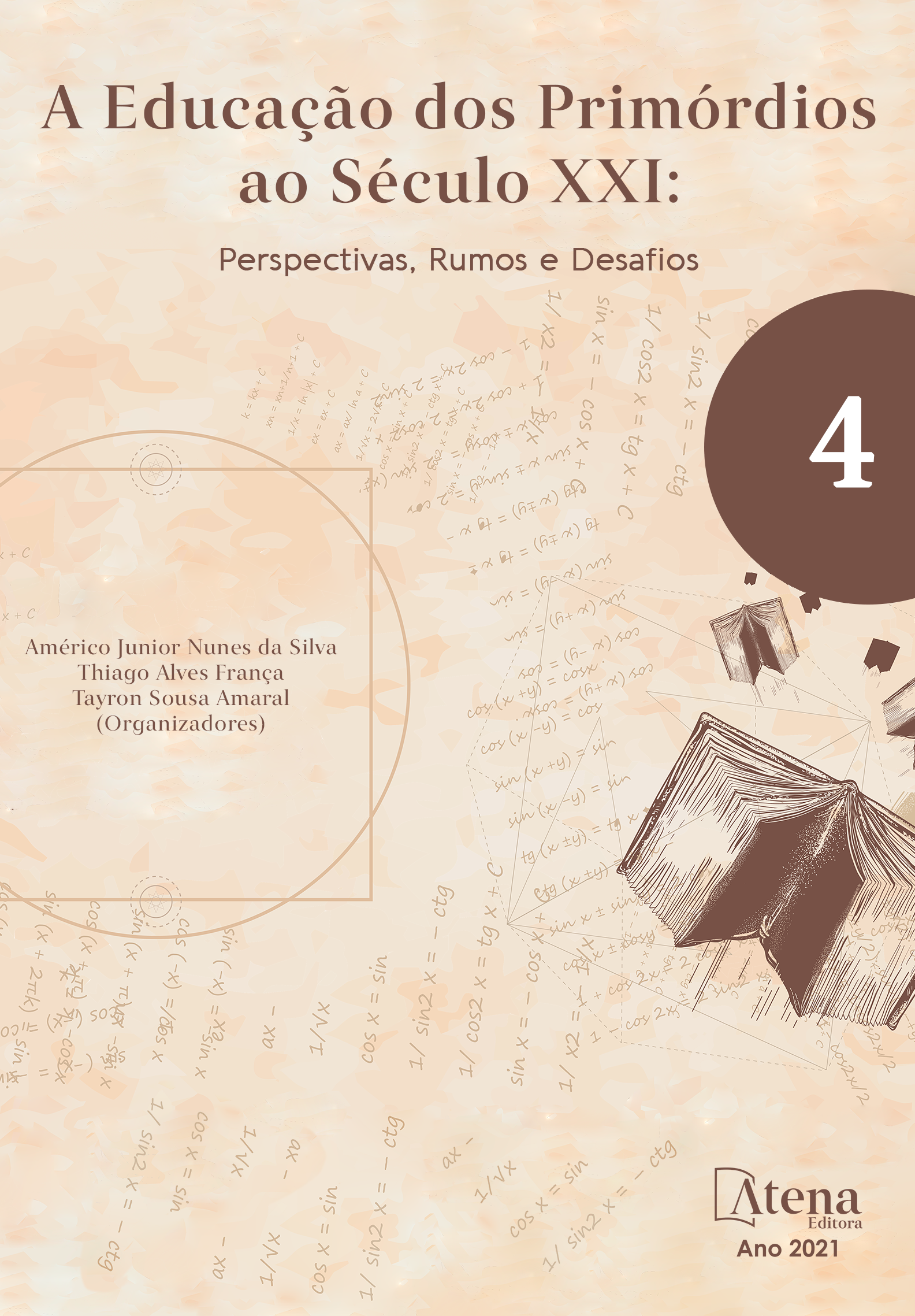
OS DESAFIOS DA EDUCAÇÃO CONTEMPORÂNEA: O FORTALECIMENTO DA AUTONOMIA. UM ESTUDO COMPARATIVO ENTRE A ESCOLA DA PONTE E O MÉTODO KUMON.
Dada a crescente preocupação com o desenvolvimento da autonomia, o presente artigo buscou estudar como se dá o fortalecimento desta em dois grandes projetos educacionais: Kumon e Escola da Ponte. Embora pareçam distantes geográfica e filosoficamente, a partir do conceito de autonomia elaborado por Kant (2012), foram desenvolvidas análises acerca das filosofias de ambos os projetos, evidenciando que a existência de objetivos educacionais semelhantes não implica na elaboração de métodos e instituições parecidos. O contexto histórico-cultural do surgimento dos objetos estudados é um ponto importante do estudo, pois permitiu perceber que a consolidação da democracia reforça a necessidade da autonomia enquanto garantia de fortalecimento da sociedade democrática verdadeiramente livre. Por fim, estabeleceu-se um paralelo entre o desenvolvimento da autonomia (de Kant) e a teoria de Zona de Desenvolvimento Proximal de Vygotsky (1984). Visualizando a democracia como conquista social, é possível compreender o motivo que levou a autonomia a ser considerada característica chave para o indivíduo na atualidade.
OS DESAFIOS DA EDUCAÇÃO CONTEMPORÂNEA: O FORTALECIMENTO DA AUTONOMIA. UM ESTUDO COMPARATIVO ENTRE A ESCOLA DA PONTE E O MÉTODO KUMON.
-
DOI: 10.22533/at.ed.4892126029
-
Palavras-chave: autonomia. Kant. desenvolvimento.
-
Keywords: autonomy. Kant. development.
-
Abstract:
Given the growing concern about the development of autonomy, this article seeks to study how is the strengthening of it according to two major educational projects: Kumon and the Escola da Ponte. Although they seem geographically and philosophically distant, from the concept of autonomy developed by Kant (2012), analyzes about philosophies raised by both projects were performed, showing that the existence of similar educational goals does not mean the development of methods and similar institutions. The historical and cultural context of the rise of the studied objects is an important point of the study because it allows the understanding that the rising democracy reinforces the need for autonomy while ensures the strengthening of a truly free democratic society. Lastly, it established a parallel between the development of autonomy (Kant) and the theory of Proximal Development Zone of Vygotsky (1984). Viewing democracy as a social achievement, it is possible to understand why it took autonomy to be considered key feature for the individual today.
-
Número de páginas: 21
- Angela Zamora Cilento de Rezende
- Paula de Camargo Penteado


